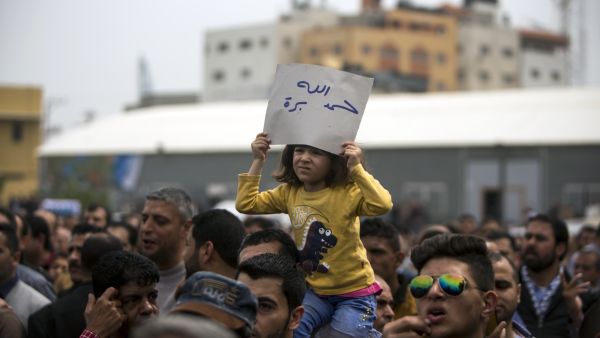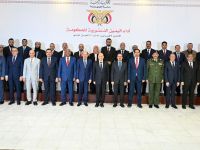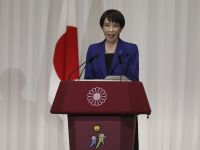United Nations Special Coordinator for the Middle East Peace Process Nickolay Mladenov has expressed his “deep concerns” over “growing tensions” in the besieged Gaza Strip, amid ongoing protests against a decision by the Palestinian Authority (PA) to drastically cut salaries for its employees in the poverty-stricken enclave.
PA civil servants in Gaza said they received their March salaries with at least a 30 percent salary cut -- with some reporting as much as a 70 percent reduction to their monthly wages.
Mladenov said in a written statement Saturday that the salary cuts -- which the PA said were made as an attempt to manage a deepening financial crisis -- came as an additional burden to civil servants in Gaza who struggle to survive under an already dire situation.
“Over the past decade, Palestinians in Gaza have lived through four conflicts, with no freedom, unprecedented Israeli restrictions, a dire humanitarian crisis, high unemployment, an ongoing electricity crisis, and the lack of political perspective,” he wrote.
The UN official echoed criticisms voiced in recent days that the "discriminatory" deductions only affected PA civil servants in Gaza and not those working in the occupied West Bank, as Palestinians have further expressed concern that the cuts would only continue to isolate Gazans from the rest of the Palestinian territory.
“While the Palestinian Government needs to ensure its fiscal sustainability under increasingly difficult economic conditions, it is important that reforms or decisions to reduce expenditures are fairly distributed and made with consideration to the harsh conditions under which people in Gaza live,” Mladenov said.
As the PA has also attempted to shift blame on Hamas, the de facto rulers of the coastal enclave, for allegedly collecting government revenues without sending it the PA treasury, Mladenov also “urge(d) the responsible parties to work together to find a solution to the current crisis and call(ed) on all factions to allow the Palestinian Government to assume its responsibility in Gaza.”
“Gaza is an integral part of the future Palestinian state and no efforts should be spared to bring about real national reconciliation that ends the division. Leaders have a responsibility to avoid escalation and bridge the growing divide between Gaza and the West Bank that further fragments the Palestinian people,” his statement concluded.
Hamas has governed the Gaza Strip since winning the majority of votes in a 2006 election in the besieged coastal enclave, which erupted into a violent conflict between the movement and their rivals Fatah as they both attempted to consolidate control over the small Palestinian territory.
Despite numerous attempts at reconciling Fatah and Hamas, Palestinian leadership has repeatedly failed to follow through on promises of reconciliation and holding long-overdue elections, as both movements have frequently blamed each other for numerous political failures.
Critics of the PA decision to cut salaries in Gaza have noted that after Hamas took control of the Gaza Strip in 2007, the PA encouraged their Gaza-based employees not to continue working in protest of the new Hamas-led government.
Some 50,000 employees who decided to continue their work under Hamas subsequently faced irregular and partial salaries from the PA, and at times no payment at all. Meanwhile, tens of the thousands of employees who refused to work with Hamas continued to receive regular salary payments from the PA. The new salary cuts have reportedly affected both groups.








